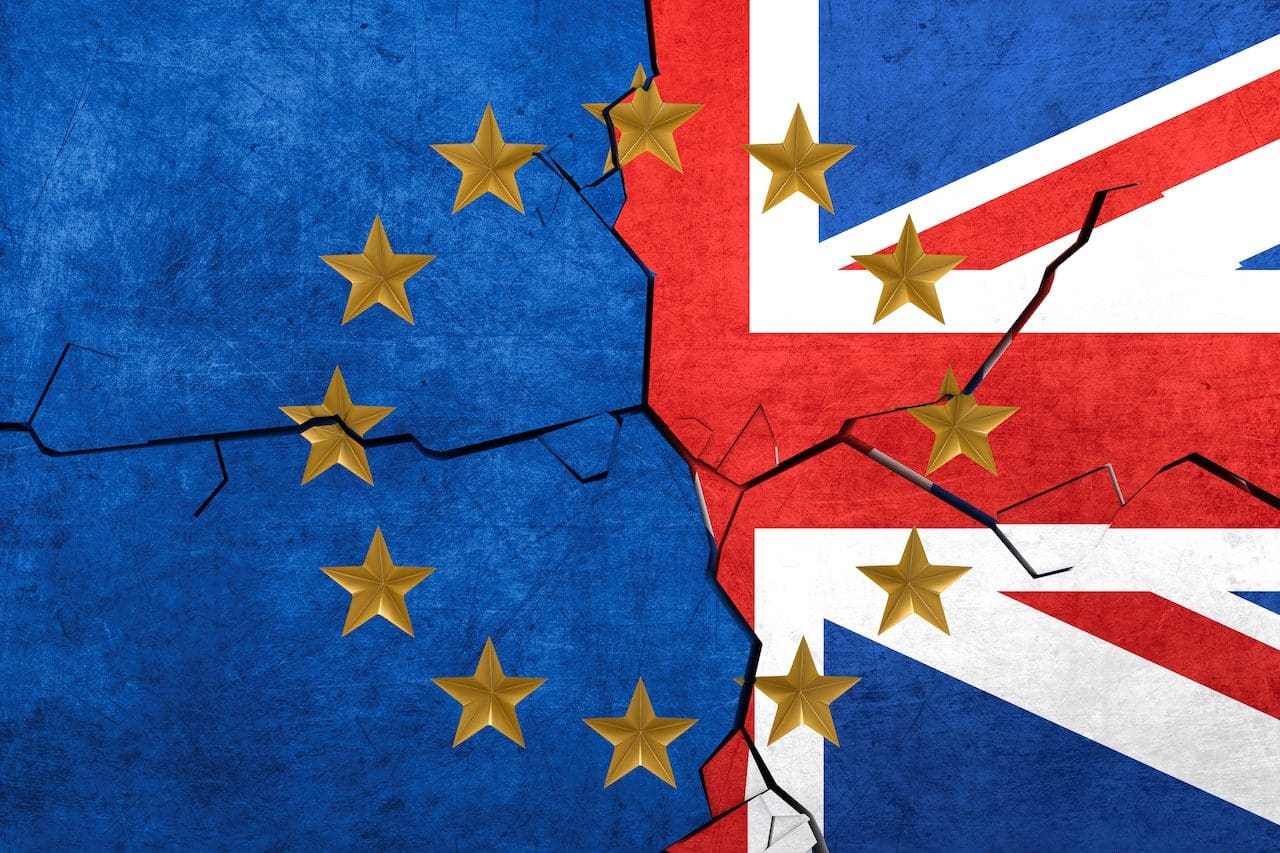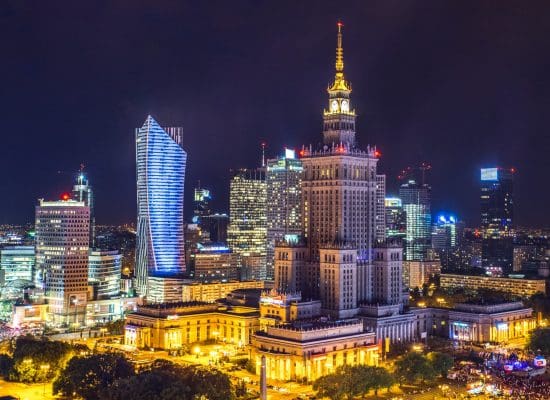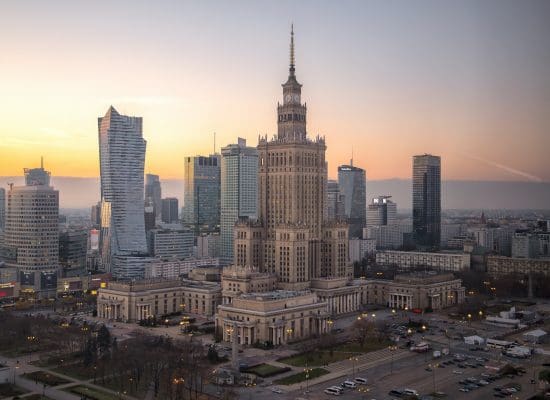Feature photo: EU and UK | © Shutterstock
An interim review
At the beginning of this consideration there should be a few thoughts that may seem far-fetched at first. I am concerned with the "Golden Rule", the guideline for interpersonal relationships that has been in force in many societies for centuries. This "Golden Rule" is formulated in two ways:
- Treat others the way you would like them to treat you.
- Or - known to us as a saying: "What you don't want someone to do to you, don't do to others either."
These mnemonics describe mutual respect, the ability to empathize with others, and they advocate fair dealings with one another. If states also acted according to this rule among themselves, we lived in a peaceful world. The fact that the "Golden Rule" is often not applied may be due to the fact that everyone immediately recognizes the rule violations of others, but not their own violations.
With that thoughtful foreword in mind, I'll try to explain why the EU and the UK are struggling to find a contractual basis when negotiating their post-Brexit relationship. Hardly any progress has been made in four rounds of negotiations since March, the Süddeutsche Zeitung reported on June 16.6.2020, 2016. While there seems to be some thoughtfulness in the UK government now, I'm skeptical given what has happened around Brexit since XNUMX.
The British have said they want to get the deal with the EU by the end of the year - a near impossible feat. The possibility to apply for an extension of the deadline expired on June 30.6.2020, XNUMX. Boris Johnson steers full steam ahead into the unregulated Brexit. His basic direction is clear. In the interests of the British economy, he wants – yes, he must – continue to achieve free access to the European internal market for British goods. But this project is diametrically opposed to the slogan of the Brexiteers: "We want our country back", we want to set the rules for our country ourselves and, above all, not leave the economy and trade to the "bureaucrats" in Brussels. In the event of any disputes that may arise, Johnson rejects the jurisdiction of the ECJ.
This means that the United Kingdom intends to operate under special rules in the internal market in the future. What a fundamental contradiction: As if the children next door wanted to play in the neighbor's garden but expected to be able to do so regardless of the beds laid out. Johnson wants to achieve a competitive advantage for British goods by not having to comply with the EU standards for environmental protection, consumer protection, occupational safety and European social standards that apply to all market participants on the internal market, but by bringing his own standards, which are as low as possible, with him can. And on top of that, should there be a dispute, the European courts, which are usually responsible for the internal market, should not decide, but their own, the British courts. It would be downright counterproductive for European competitors if the EU, with its ambitious goals for climate and environmental protection, allowed the British not to have to comply with these targets. Fair trade on the European internal market requires the same starting conditions for all market participants.
Although Johnson knows that there can be no double standards in the common internal market and that the EU has almost no room for negotiation here, he presents himself - probably for his own countrymen - as a martyr of the stubborn Europeans. He also knows that in some European capitals there are politicians who closely monitor what Brussels is allowing the British to do. Should there even appear to be any advantages for a country leaving the EU, the next aspirant would be on the exit mat. The only thing that can be said for the EU is that even an ex-member like Great Britain cannot have privileged access to the internal market. (This begs the banal question: why didn't the British stay "in" then?). Should the EU treaties get holes, the end of the EU would be in sight. Boris Johnson will nevertheless continue to complain about how unfairly his country is being treated by the "powerful" EU. He will not be able or willing to see that the time of the British discount is over with Brexit. The question is whether the EU should react in a similar way to this lousy tactic and encourage the Scots to become independent? But this would contradict the "Golden Rule". But not only Boris Johnsoncares little about the "Golden Rule". There are also nationalist-minded politicians within the EU who are calling for “more flexibility” in negotiations with the British. They have either not understood that the EU internal market can only be operated according to one set of rules that is the same for everyone - or they secretly accept the dismantling of the EU.
It's reassuring that Michel Barnier is well versed enough with his negotiating team not to be ripped off. It is also reassuring that there are convinced Europeans in the EU Parliament, which has to approve the agreement with the United Kingdom, to ensure that the European Union does not go to the dogs.
How could things continue until the British finally leave the country at the end of 2020? Boris Johnson won the last general election with the slogan "Get Brexit done!" In the ongoing negotiations, he will therefore be less concerned with rationally weighing up the possible advantages and disadvantages of a no-deal Brexit and more with fulfilling this election promise. The Brexiteers put Johnson in the saddle now he needs to deliver and leave no doubts or else he'll be like Theresa May. British journalist and non-fiction author Paul Mason suspects that Johnson's government may be provoking the chaotic exit from the EU in order to distract attention from its failure in the Corona crisis (see: Paul Mason: "Staged Escalation"; in IPG - Internationale Politik und Gesellschaft; press service of the Friedrich-Ebert-Stiftung , 22.5.2020/1/2021). From January 2021, XNUMX, I think the UK Brexit media will be full of reports on the damage this no-deal Brexit is doing to the EU, to whitewash the negative impact at home, because a "hard" Brexit will be between from January XNUMX, the EU and Great Britain will introduce customs duties and customs controls in accordance with WTO specifications. The result will be queues and red tape at borders and disrupted supply chains.
What can or what should Europe do in view of these expected developments? Take revenge? Build barriers to future dealings with the UK? Registering the effects of the "hard" Brexit in the United Kingdom with glee? This tactic would be unwise in the long run and would only strengthen the current position of Brexiteers in the UK. In the magazine "Aus Politik und Zeitgeschichte", which is published by the Federal Agency for Civic Education, the already quoted Paul Mason described an interesting point. Mason does not expect a “collective remorse over Brexit” to set in in the UK. Rather, he anticipates a “fight for credibility” once the inevitable questions arise: “The Brexit project rested so heavily on an impossible dream of national greatness, on imperial nostalgia and a willingness to put aside any doubts about a clown-like leader that we only have the hope that the sudden onset of reality will shake people up.” (see: Paul Mason: “The End of Certainties”; in "Aus Politik und Zeitgeschichte", issue 23-25/2020 from June 2.6.2020nd, XNUMX). Such an awakening may come as Johnson seeks to negotiate a trade deal with China. "Games" will be of little use here, because the United Kingdom, which will then have become "smaller", cannot afford a trade war with the "giant" China.
Another Brexit effect should be mentioned: the “Leave” voters in the United Kingdom will not show any quick remorse, because the Brexiteers with their paintings of the future still have their fans firmly under control. Anyone who voted "Leave" will not see overnight that this was a mistake. But the negative consequences visible from outside will discourage others in the EU from embracing the nationalists' rosy visions.
Here are the reasons why the EU should not allow itself to be tempted to “revenge”. Above all, she shouldn't "punish" the young people in Great Britain who did not prevent Brexit in 2016. It will take some time though – according to the hope of Paul Mason – the young will one day refuse to put up with the soup that the over elders brought them in 2016. The boys are the people of those Paul Mason hopes they'll be jolted awake by the onset of reality. It is therefore important that young people – pupils, students, trainees, trainees, members of youth organizations and sports clubs etc. – stay connected on both sides of the Channel. The boys of the UK have a chance to change the course of British politics. But European politics must not forget one thing: the EU must become even more attractive economically, culturally, socially and interpersonally over the next few years than it is today. But should the so-called Eurosceptics, the brakemen, the nationalists gain even more influence within the EU, we can write off the hope in the younger generation of Great Britain. Ultimately, however, the British themselves have to decide on this – this is how the “golden rule” works.







